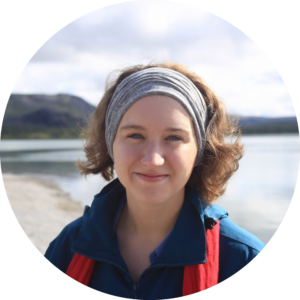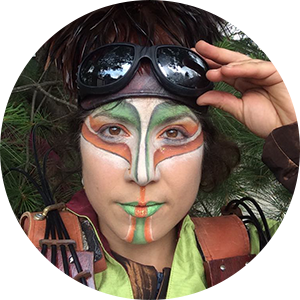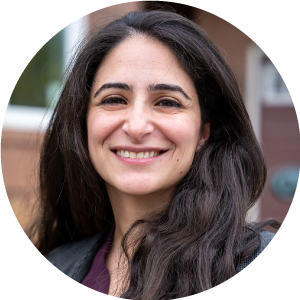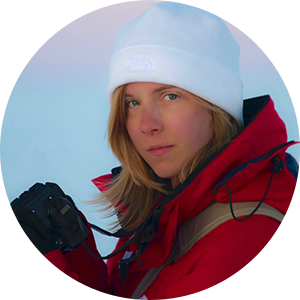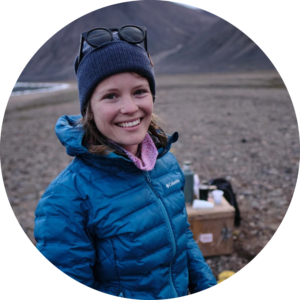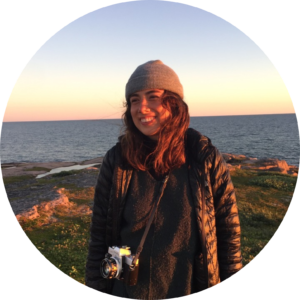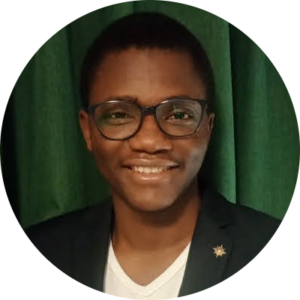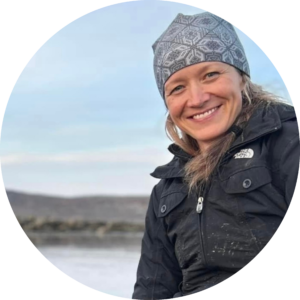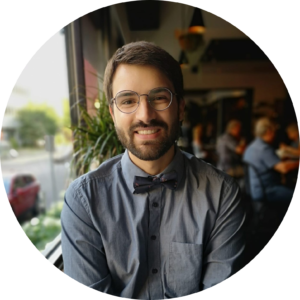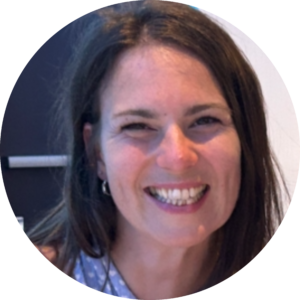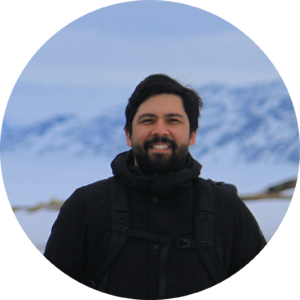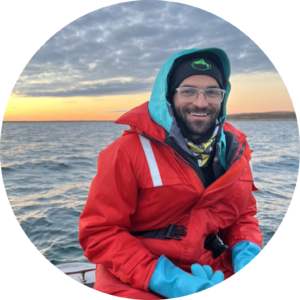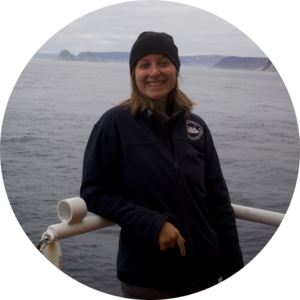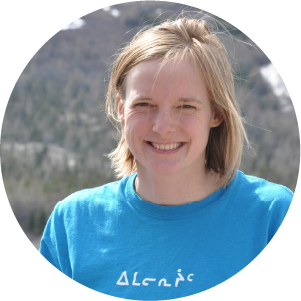Who are we?
Our large team is made up of passionate people serving Indigenous and coastal communities. We are interdisciplinary, and our holistic approach focuses on the health of ecosystems and the humans who live there.
We would like to thank and honor the Huron-Wendate, Innu, Atikamekw and Abenaki nations who welcome us to the territory of Quebec City now shared with all of us. Michelle Audette, Innu, Assistant to the Vice-Rector and Senior Advisor for Reconciliation and Indigenous Education at Université Laval puts it so well : “I often recall with love and humor the origin of the name Québec. The Innu were so generous and welcoming that we said to people from afar: “Kepak kepak, get off your boats. Come, we will welcome you. Kepak kepak Québec”.
The Chaire de recherche Littoral wants to strengthen ties with the nations around us. Dear First Nations, Inuit and Métis students, if you are interested in participating in ongoing projects or if you have projects ideas at the interface of health and the environment, do not hesitate to contact us. We will be happy to discuss it and we will see where the wind takes us!
Mélanie and the whole team.
Team members
Mélanie Lemire
FULL PROFESSOR AND HOLDER OF THE CHAIRE DE RECHERCHE LITTORAL
Mélanie Lemire is a Full Professor in the Department of Social and Preventive Medicine at Université Laval and a researcher in the Population Health and Optimal Health Practices at the CHU de Québec and at the Institute of Integrative and Systems Biology (IBIS). She is designated expert for Canada on the Human Health Assessment Group of the Arctic Monitoring and Assessment Program (HHAG-AMAP) and the Effectiveness Evaluation Committee of the Minamata Convention on Mercury. Her projects put forward transdisciplinary, intersectoral and participatory approaches, and focus on the study of environmental contaminants, ocean changes, and nutrition in relation to the health of Indigenous and coastal populations. It’s results are used to inform decisions, the development of decision support tools and the implementation of programs and policies at the local, federal and international levels.
Mélanie is a fan of sea kayaking and cycling. In love with the Kamouraska region, you will find her with both hands in the soil of her garden which is growing from year to year.
Sara Bolduc
RESEARCH PROFESSIONAL
Sara holds a bachelor’s and master’s degree in biology. She works as a research professional at the Chaire Littoral and is involved in the FISHES project. Her works focus mainly on the links between marine ecosystems, Arctic Char and food security in Nunavik.
She is required to do field and laboratory work to study the contribution of Arctic Char’s diet to its nutritional quality. She also conducts qualitative workshops with Nunavimmiut to better understand the importance and the role of Arctic Char for food security and health, in a context of global changes.
Élisabeth Gagné
RESEARCH PROFESSIONAL
Elisabeth has more than one string to her “harp”. In addition to accomplishing herself professionally as a multidisciplinary artist, Elisabeth has completed a master’s degree in community health – profile in global health – and has accumulated rich experiences as a nurse or research assistant/coordinator in Mali, in Anishnabe and Innu communities, as well as in Nunavik.
She is currently involved in the FEHNCY project (Food, Environment, Health and Nutrition of First Nations Children and Youth). Her desire to discover, share and commit to the well-being of populations guides her carrer in multiple contexts, at the interface of health, the environment, arts and culture.
Amira Aker
POSTDOCTORAL FELLOW
Amira received her Ph. D. from the University of Michigan, Ann Arbor in Environmental Health Sciences and her MPH degree in Environmental Health and Policy from George Washington University. After completing a postdoctoral fellowship at the University of Toronto Scarborough, she began a second postdoctoral fellowship with Mélanie’s team and Pierre Ayotte.
With expertises in environmental epidemiology and chronic disease, Amira is passionate about multidisciplinary research that integrates environmental and social stressors to better understand holistic health. She is currently studying the effects of perfluroalkyl substances on the cardiometabolic and immunological functions of Inuit communities in Nunavik.
Amira will start a professor position at Boston University in July 2024.
Marianne Falardeau-Côté
POSTDOCTORAL FELLOW
Marianne is a postdoctoral fellow with the FISHES project. She holds a Ph. D. from the Department of Natural Resource Sciences at McGill University, as well as a bachelor’s and master’s degree in biology from Université Laval.
She is interested in marine ecosystems in the context of Arctic changes as well as the importance of marine resources for northern communities, particularly Arctic Char fisheries. Her approach to research is transdisciplinary, with the aim of combining different knowledge: local, indigenous and academic. Marianne is also a science communicator and delivers her research through articles, conferences, short films, interactive workshops and new medias.
Marianne will start a professor position at the TELUQ University in September 2024.
Julie Major
RESEARCH PROFESSIONAL
Julie holds a bachelor’s degree and a master’s degree in geography. During her studies, she was interested in understanding the variability of evolution and coastal ecosystems on a latitudinal gradient from Whapmagoostui-Kuujjuarapik to Umiujaq in Nunavik. She works as a research professional at the Littoral Chair for the FISHES project. She helps coordinate qualitative workshops with Nunavimmiut.
Alexandrine Roy
MASTER STUDENT IN PUBLIC HEALTH
Alexandrine is a master’s student in public health – environmental health. Her academic career began as a nurse before switching to a bachelor’s degree in medical biology at the University of Quebec at Trois-Rivières. She also obtained a graduate diploma in college teaching at Laval University, due to her strong interests in teaching and popularizing science.
She also contributes to the Mobile Clinic portion of the FEHNCY project, a pan-Canadian research project aimed at better understanding the socio-environmental determinants of the health of First Nations children and youth aged 3 to 19. Her involvement in this project led her to do field and laboratory work in various communities in Canada.
Her master’s project focuses on the interactions between ergothioneine, selenoneine and methylmercury in Inuit red blood cells. It aims to contribute to the documentation of the potential effects of these nutrients on the toxicity of methylmercury and on the health of Nunavimmiut.
Azanmanvo Marcos Yedjenou
Ph. D. STUDENT IN CLINICAL AND BIOMEDICAL SCIENCES
Marcos holds a doctorate in medicine (M.D) as well as a master’s degree in Biochemistry, Molecular Biology and Applications from the University of Abomey-Calavi, Bénin. To facilitate his integration into the professional world, he took trainings in quality management and project management. During his medical studies, he engaged in a study on environmental contaminants in Benin, their effects on health and the creation of a non-profit association called “Safe-Health” in order to contribute to the improvement of the health of populations.
As a part of his Ph. D. in clinical and biomedical sciences at Université Laval, he joined the team of Pierre Ayotte and Mélanie Lemire to study the beneficial role of selenoneine against the toxicity of methylmercury for Inuit.
Geneviève Vachon
MASTER STUDENT IN PULBLIC HEALTH
Geneviève holds a bachelor’s degree in psychology and has professional experience in health and social services. She worked in Nunavik as an intervener, manager and continued as a consultant for several years.
She returned to higher education to deepen her understanding of social issues, in order to be able to better act at the population level, mainly on the social determinants of health and social inequities in health. As part of her master’s degree in public health, which is part of the Tininnimiutait project, she is interested in Inuit knowledge related to intertidal species as well as in their role for the health and well-being of Nunavimmiut, according to their own holistic conception of health. She would eventually like to develop ways to promote these local resources in public health interventions related to food and food security.
Samuel Côté
MASTER STUDENT IN FOOD SCIENCES
Samuel is currently a master student in Food Science at Université Laval. After earning a bachelor degree in High School Education of Sciences, he turned to the bachelor’s degree program in Food Science and Technology, which he completed for one year. His master’s, which is part of the Tininnimiutait project, aims to assess the potential of local marine foods accessible from the coast to help strengthen food security and sovereignty in Nunavik. His work focuses especially on the organoleptic properties, safety and nutritional profile of coastal marine resources in this region.
Agathe Lecomte-Rousseau
MASTER STUDENT IN FOOD SCIENCES
Agathe spent a few years in the world of restauration and food processing before returning to school. Since then, she holds a bachelor’s degree in food science and technology and is currently doing a master’s degree in food science, which is part of the Tininnimiutait project. Her project focuses on the characterization of the nutritional profile, safety and organoleptic properties of brown algaes and blue mussels. In addition, she is interested in the different ways of promoting the consumption of marine products from the coast with a healthy and sustainable food perspective.
Marcel Alexander Velasquez-Sayago
Ph. D. STUDENT IN BIOLOGY
Marcel comes from Margarita Island, Venezuela. He arrived in Canada to pursue a master degree in biology at Université Laval under the supervision of Philippe Archambault. During his master degree, he worked with the Inuit of Kangiqsualujjuaq to study the demography of blue mussel populations in Ungava Bay. He shared tools and methodologies for studying marine resources while learning from the Inuit. Marcel is now a doctoral student in the Tininnimiutait project, and he continues his research on blue mussels in Ungava Bay.
Khashiff Miranda
Ph. D. STUDENT IN BIOLOGY
Ariane Barette
Ph. D. STUDENT IN BIOLOGY
Ariane completed her bachelor’s degree at the University of Québec in Rimouski in biology, with a concentration in marine sciences. She is currently starting her Ph. D. in oceanography after an accelerated transition to a master’s degree in the team of Philippe Archambault, Pierre Ayotte and Mélanie Lemire.
She is interested in benthic ecology as well as marine ecotoxicology in polar regions and her project attemps to elucidate the source and mechanism of acquisition of selenoneine in the Arctic food web. She is particularly interested in organisms consumed by Inuit communities such as beluga whales and several benthic organisms to base her research and find the source of this beneficial compound against the toxicity of methylmercury.
Former members
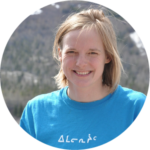
Gwyneth Anne MacMillan
POSTDOCTORAL FELLOW

Élyse Caron-Beaudoin
POSTDOCTORAL FELLOW

Vincent Paquin
RESIDENT IN MEDECINE – PSYCHIATRY
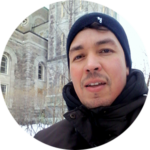
Adriano Magesky
POSTDOCTORAL FELLOW
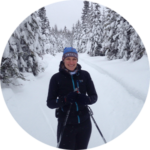
Marie-Claude Lefebvre
MASTER STUDENT IN PUBLIC HEALTH
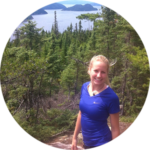
Claudelle Dubeau
MASTER STUDENT IN EPIDEMIOLOGY
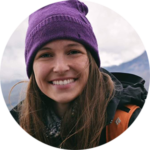
Audrey Lavoie
MASTER’S STUDENT IN PUBLIC HEALTH
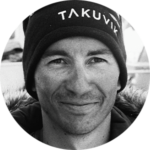
Rémi Amiraux
POSTDOCTORAL FELLOW
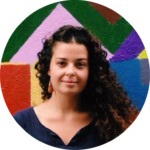
Tiff-Annie Kenny
POSTDOCTORAL FELLOW

Mariana Pontual
RESEARCH PROFESSIONAL

Catherine Fallon
MASTER STUDENT IN PUBLIC HEALTH AND RESEARCH ASSISTANT
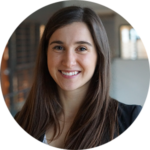
Janie Allaire
POSTDOCTORAL FELLOW

Guillaume Cinq-Mars
MASTER STUDENT IN BIOLOGY

Rebecca Hennigs
KNOWLEDGE MOBILIZATION COORDINATOR
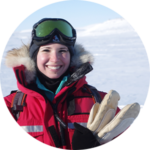
Sara Pedro
POSTDOCTORAL FELLOW
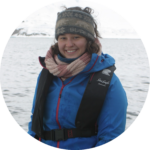
Marie-Hélène Carignan
MASTER STUDENT IN EPIDEMIOLOGY
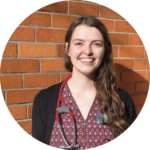
Lauréanne Dussault-Desrochers
PUBLIC HEALTH RESIDENT DOCTOR

